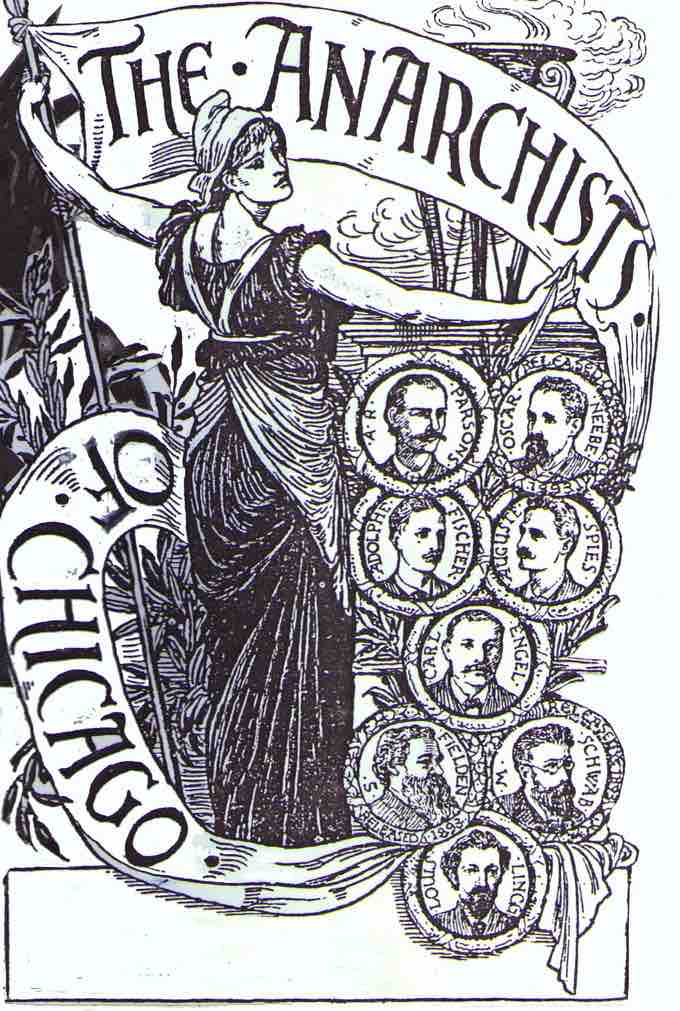Anarchism is a political philosophy that advocates self-governed societies based on voluntary institutions. These often are described as stateless societies, although several authors have defined them more specifically as institutions based on non-hierarchical free associations. Anarchism considers the state to be undesirable, unnecessary, and harmful. While anti-statism is central, anarchism also entails opposing authority or hierarchical organization in the conduct of all human relations, including, but not limited to, the state system.
The International Workingmen's Association, often called the "First International," was an international organization that aimed at uniting a variety of different left-wing socialist, communist, and anarchist political groups and trade union organizations that were based on the working class and class struggle. It was founded in 1864 in a workmen's meeting held in St Martin's Hall, London. Its first congress was held in 1866 in Geneva. The anti-authoritarian sections of the First International were the precursors of the anarcho-syndicalists, who sought to, "replace the privilege and authority of the State," with the, "free and spontaneous organization of labor." In 1886, the Federation of Organized Trades and Labour Unions (FOTLU) of the United States and Canada unanimously set May 1, 1886, as the date by which the eight-hour work day would become standard.
The Haymarket Affair
In response, unions across the United States prepared a general strike in support of the event. On May 3, in Chicago, a fight broke out when strikebreakers attempted to cross the picket line, and two workers died when police opened fire upon the crowd. The next day, May 4, anarchists staged a rally at Chicago's Haymarket Square. A bomb was thrown by an unknown party near the conclusion of the rally, killing an officer. In the ensuing panic, police opened fire on the crowd. Seven police officers and at least four workers were killed. Eight anarchists, directly and indirectly related to the organizers of the rally, were arrested and charged with the murder of the deceased officer. The men became international political celebrities among the labor movement. Four of the men were executed and a fifth committed suicide prior to his own execution. The incident became known as the Haymarket Affair, and was a setback for the labor movement and the struggle for the eight-hour day.
In 1890, a second attempt, this time international in scope, to organize for the eight-hour day was made. The event also had the secondary purpose of memorializing workers killed as a result of the Haymarket Affair. Although it had initially been conceived as a one-off event, by the following year, the celebration of International Workers' Day on May Day had become firmly established as an international worker's holiday.

Portraits of the Haymarket martyrs
This engraving depicts the Haymarket martyrs.